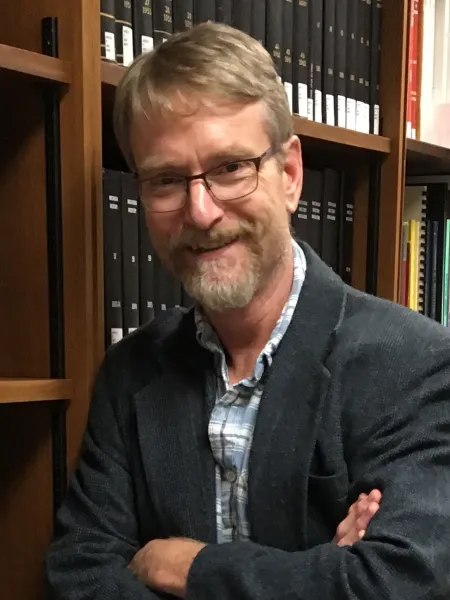Upper Peninsula heritage organizations are invited to become members of the U.P. Digital Network, UPLINK. Regional service hubs are available to assist them in creating digital versions of their collections, increasing visibility and public access. Materials can be added to DPLA, a national database for digitized historic records, and preserved for the long term through the Michigan Digital Preservation Network.
UPLINK also offers in-person or virtual training sessions on processing archival collections, digitizing records and caring for records. In an effort to make UPLINK membership affordable, annual fees are based on each organization's budget and range from $25-$100.
Services included with the annual membership include: collection-level finding aids in ArchivesSpace; inclusion on the UPLINK website as a participating organization; and continued storage and basic digital preservation of digital materials. There are also standard, standard plus and premium membership options available for an additional cost.
The project is based at the Central U.P. and Northern Michigan University Archives, which received a $100,000 grant to launch UPLINK and serves as the principal service hub. The two-year project is being supported by a National Archives' National Historical Publications and Records Commission (NHPRC) implementation grant.
“The U.P. supplied much of the mineral and timber resources that fueled industrialization in the United States during the latter half of the 19th century and through much of the 20th,” said NMU Archivist Marcus Robyns, who initiated the effort, in a previous story. “Despite this important past, the U.P. has struggled to identify, collect and preserve its documentary heritage.
“Most museums, archives and libraries are not well funded and short-staffed, primarily with volunteers. This has resulted in considerable challenges for preservation and access to important historical records, making digitization projects nearly impossible.”
With support from an NMU faculty research grant, Robyns visited 17 U.P. heritage organizations during the summer of 2019 and received nine responses to an online survey from those he was unable to visit.
Robyns interviewed staff about operations, funding and management of digital material. He also inventoried historical manuscript materials, focusing on significant collections contributing to an understanding of U.P. history. He found that only one organization—the Delta County Historical Society in Escanaba—provides online public access to its digital material.
“The majority of U.P. heritage institutions do not actively collect or manage digital records,” he said. “Those that do digitization work overwhelming digitize photographic material from their collections in-house, mainly at a volunteer's home using personal equipment. The majority of backup procedures are rudimentary, with digital content maintained on hard drives, flash drives, CDRs or DVDs. No organization has digitized a complete manuscript collection comprised of different analog formats.”
His summer research served as a springboard to an NHPRC planning grant. A governing board comprised of representatives from NMU, Michigan Technological University, Lake Superior State University and five member heritage organizations manage the network.
The UPLINK website at https://www.nmu.edu/archives/uplink is still under development. Until a membership application is posted there, organizations can contact Robyns at 227-1046 or Annika Peterson at 227-1225 for more information.

